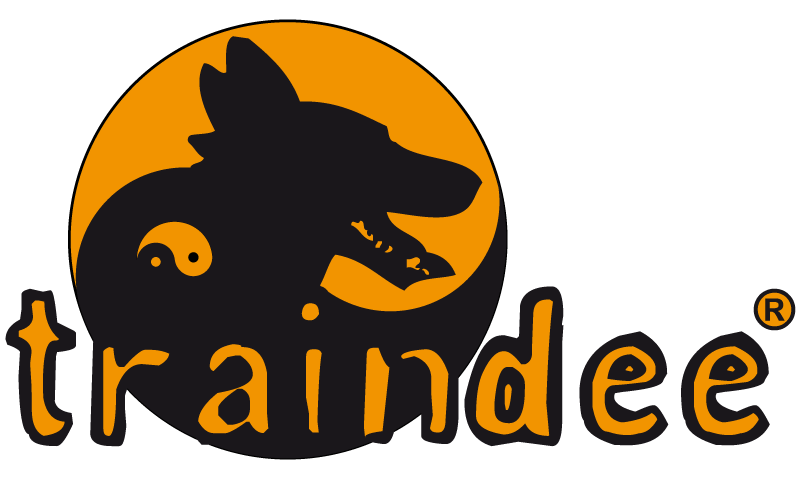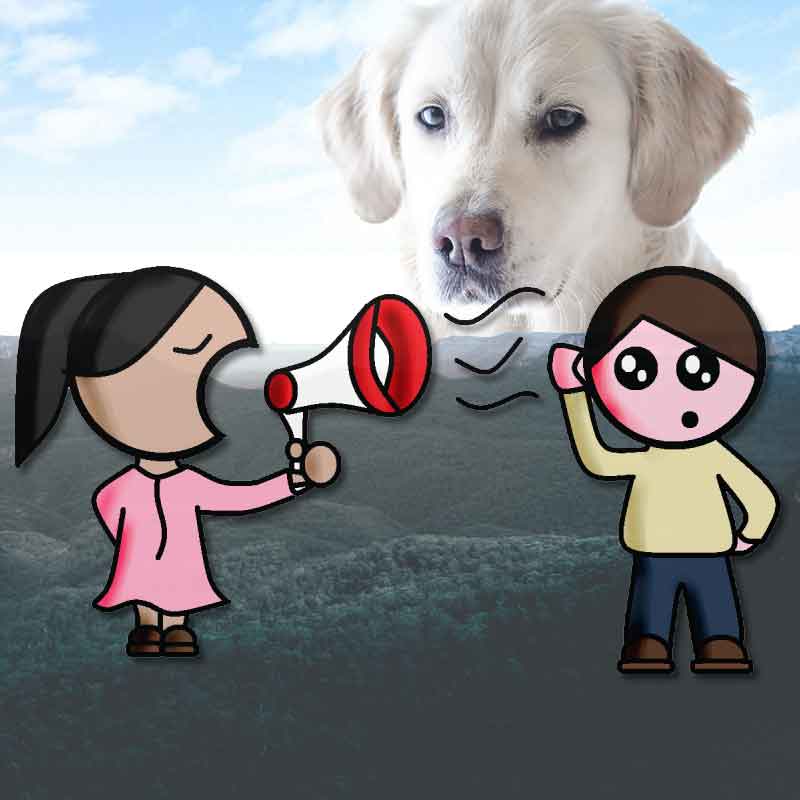A few subtleties about the (very correctly seen false) statement “my dog is dominant”
I’m reading another book right now, a dog book. Dog training. I’m taking the time to educate myself. It’s a fantastic book, I love it. Every few pages I think to myself “Thank you! Thank you thank you thank you” over and over again the authors make me happy and I realize how many narrow minded people I had run across in this field the last years.
Objective, professional, scientifically supported and yet always the simultaneous relativizing and questioning. Also self-critical awareness that some comparisons are not so easy to draw and that there are exceptions.
And exactly therefore it made probably “click” in my head that the statement “my dog is dominant” is possibly not so wrong. Because I really appreciate the book and the (writing) style of the authors. It was (once again) about the fact that the statement “a dog is dominant” is not true, because dominance always occurs only between two actors.
But exactly here it is nevertheless possibly rather a (correct) abbreviation for our daily linguistic usage. Because don’t I actually mean anyway “My dog shows in the majority of the cases a dominant behavior opposite other dogs” if I say casually “My dog is dominant”? Because only if my dog regularly shows such behavior will it even occur to me to call him dominant (in general).
It simply struck me, since so often with lectures it is pointed out that the term of the dominance may not be used simply on “something” but may be seen evenly always only in relationship. But this is exactly what we are actually doing as I think. Perhaps, however, the layman is not quite so (correctly) familiar with the concept of dominance, then it would of course be important to explain it (exactly).
In this consideration here it concerns however the concept of the dominance with the behavior of the dog and how it is to be used and/or interpreted correctly. A rather linguistic topic.
To the topic 👉 Dominance in dog training and how the term “dominance” is unfortunately very often and generalizingly pressed here into a purely bad, neagtive image, which just does not correspond to our language correctly, you come by clicking on the link.



